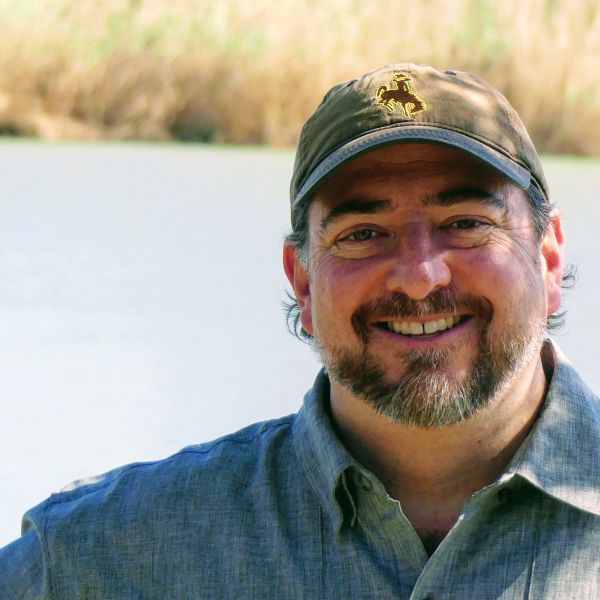Image

Trevor hopes his students, and graduate-level scientists affiliated with the GK–12 (Graduate Students partnered with K–12 teachers) Program (at the University of Texas at Austin’s Environmental Science Institute (ESI)), will develop a series of hands-on learning experiences designed to foster environmental science literacy in upper-elementary students. With this knowledge, Trevor’s students will have the opportunity to present “the science behind climate change” in their own words at a (tentatively scheduled) Climate Science Workshop, a professional development workshop for educators, in early 2015. These students will also create interactive climate science activities for the community science fair associated with ESI’s Hot Science – Cool Talks outreach series, which is expected to have a climate science talk in the 2014–2015 academic year.
Trevor is a 5th-grade science teacher and outdoor learning specialist in Round Rock ISD (RRISD) where he manages the district's state and federally certified Outdoor Learning Preserve that adjoins the Travis County Balcones Canyonlands Preserve on the Laurel Mountain Elementary Campus. The Preserve includes student-developed and maintained habitats such as a rainwater collection pond system that mirrors the Highland Lakes System in Central Texas, a restored grassland/wildflower prairie, a butterfly habitat, and a densely wooded area that has been home to at least one pair of endangered Golden Cheeked Warblers per year since the Preserve was created.
In addition to their design and maintenance work, Trevor’s students collect and analyze data pertaining to the wildlife in the Preserve through fieldwork and a series of wildlife cameras. Trevor’s innovative application of proven educational methodology incorporates place-based, project-based, and service-learning. This results in a "school without walls," where public school students are afforded a truly unique opportunity to wonder about the world. Students follow through on their questions by designing and conducting restoration projects and extended scientific field studies that connect their interests to the required state standards.